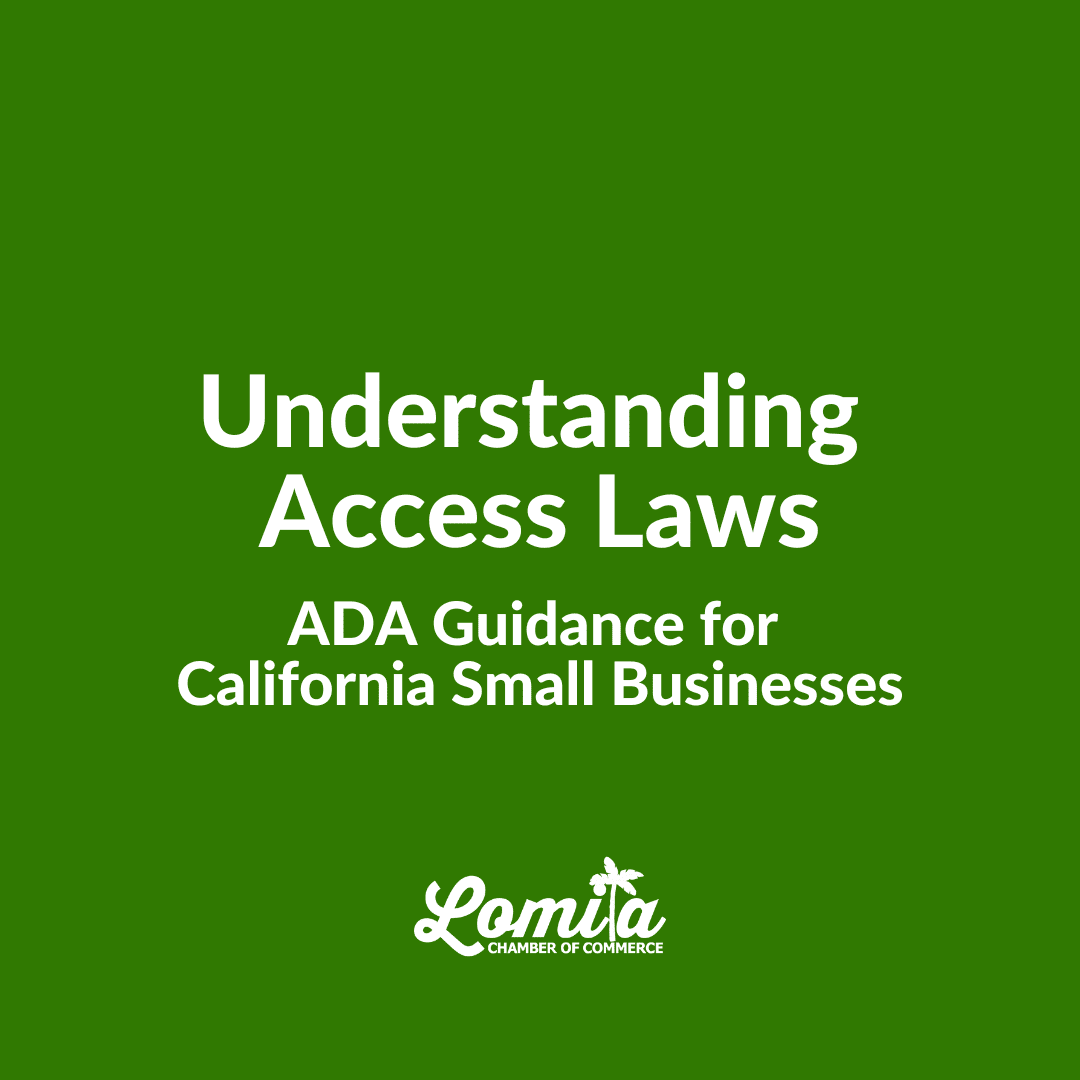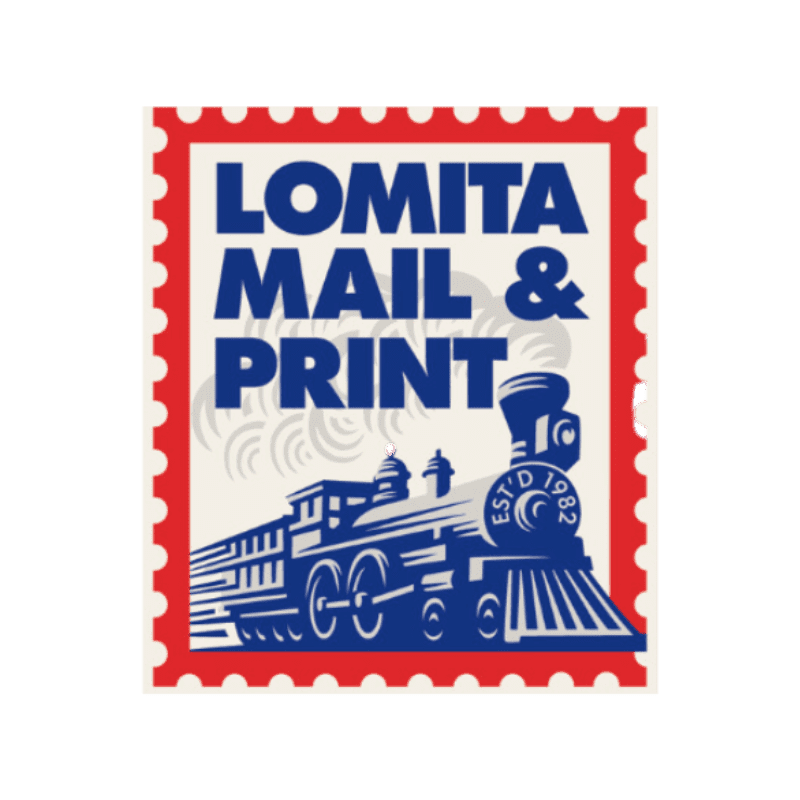Understanding Access Laws: ADA Guidance for California Small Businesses

Small businesses in California must comply with various state and federal disability access laws. Non-compliance can result in significant costs from defending and settling lawsuits.
Key Accessibility Laws
- Federal Law: The Americans with Disabilities Act (ADA) requires businesses to make accessibility improvements to their premises, ensuring that entrances, aisles, bathrooms, service counters, and other features are accessible to people with disabilities. Barriers should be removed if doing so is “readily achievable.”
- California State Building Code (Title 24): Compliance is required for new constructions and renovations. This includes making the main entrance, primary paths, and associated features accessible. If construction costs are below a certain threshold, additional accessibility modifications are limited to 20% of the construction expenses.
- California Civil Rights Laws: Laws like the Unruh Civil Rights Act and the California Disabled Persons Act ensure individuals with disabilities can fully use and enjoy all business establishments. Violations of the ADA also breach these state laws, which can result in substantial damages in lawsuits.
- Senate Bill 1608: This legislation, known as the Construction-Related Accessibility Standards Compliance Act, offers protection against lawsuits for businesses that employ a specially trained expert known as a Certified Access Specialist (CASp) and adhere to their recommendations. Learn more about these inspections here.
Important Reminders
- Compliance with building codes does not exempt you from disability rights laws.
- The responsibility for compliance primarily lies with your architect and contractor.
- Even if the building department approves, you are still accountable for any access violations.
Steps to Reduce Lawsuit Risks
- Hire a CASp: They will assess your premises for accessibility barriers and provide an inspection report, which can help if you are sued.
- Review and Follow CASp Recommendations: Ensure your premises comply with access laws and remove barriers over time.
- Utilize Tax Incentives: Tax credits and deductions are available to offset accessibility improvement costs.
- Address Complaints Promptly: Take complaints seriously and seek professional and legal advice to prevent escalation to litigation.
How Can I Fund Access Improvements?
Tax incentives may be available to help mitigate the costs of making accessibility improvements. More information on ADA tax incentives can be found here: https://www.ada.gov/taxcred.htm. Consult your tax advisor for specific advice.
Additional Resources:
- Department of Justice: https://www.ada.gov/
- CA DOJ Resources for Small Businesses: https://oag.ca.gov/civil/resources-ada-businesses
- ADA Business Connection: https://archive.ada.gov/business.htm
- ADA Guide for Small Businesses: https://archive.ada.gov/smbusgd.pdf
- DOJ toll-free ADA information line: 1-800-514-0301 (voice) or 1-800-514-0383 (TTY)
Disclaimer:
This information is provided as general guidance and should be reviewed by an expert in the industry. The Lomita Chamber does not endorse or make any guarantees about the suggestions noted here. This information does not replace professional advice from an advisor knowledgeable about disability access requirements. It is not legal advice. For specific concerns, including lawsuits or significant legal issues, you should consult with an attorney who specializes in disability access law.










